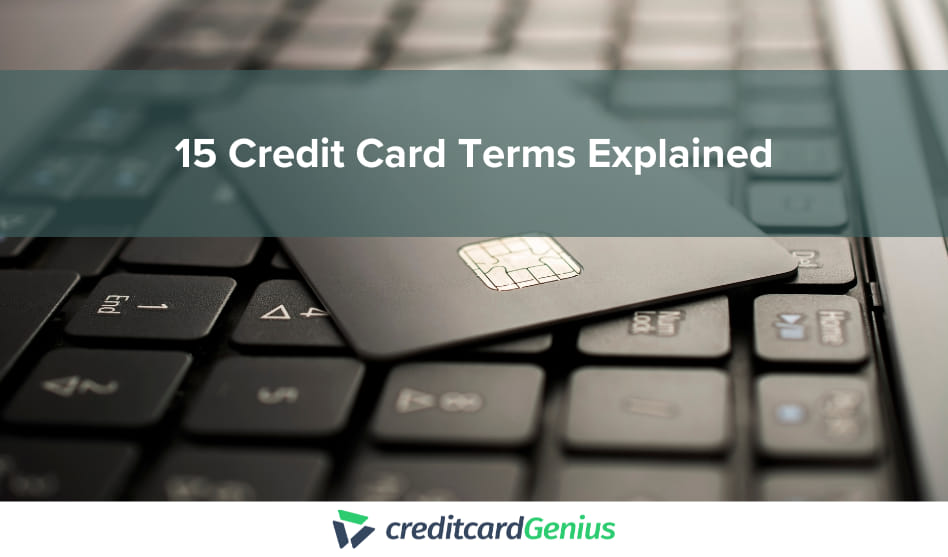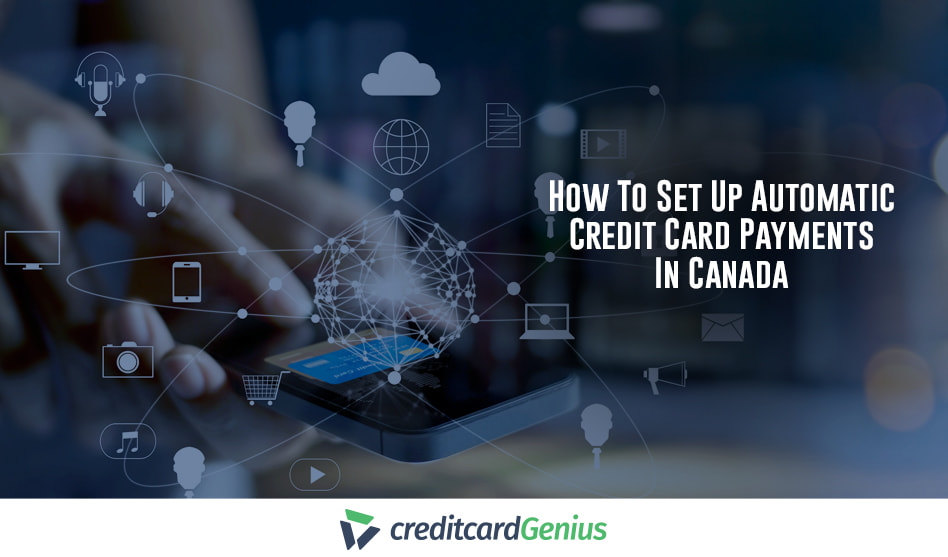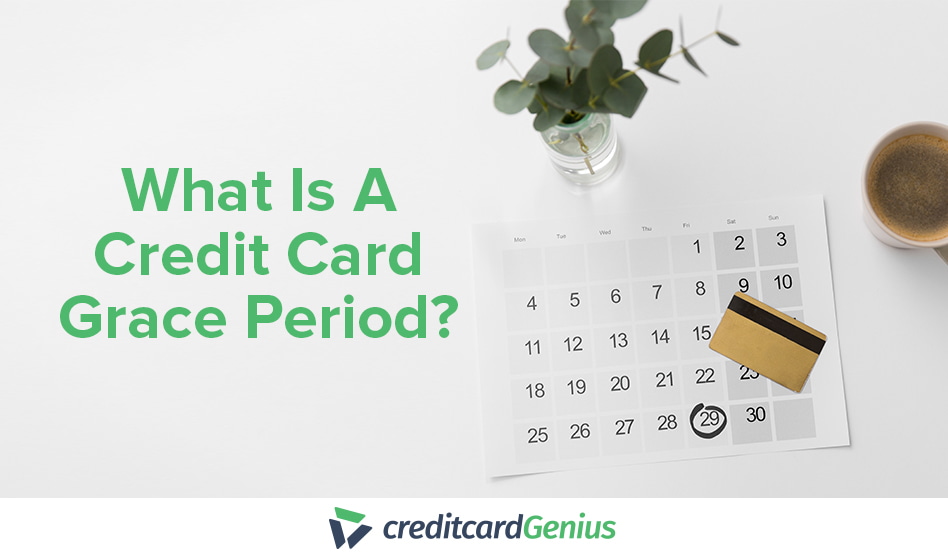A single missed credit card payment isn’t the end of the world, especially if it’s less than 30 days late. If it's something you frequently struggle with, though, you might be paying a lot in late fees and interest.
This guide offers detailed explanations of what happens when you have a late credit card payment, offers tips for avoiding late payments, and suggest strategies for managing credit card debt.
Key Takeaways
- When you miss a credit card payment, you could be hit with late fees, lose rewards, and/or face higher interest rates.
- To avoid missing payments, try making a budget, setting payment reminders, and monitoring your account.
- To get out of credit card debt, pay down your credit card with the highest interest first and make more than the minimum required payment on the rest.
Never miss an amazing deal again + get our bonus 250+ page eBook for FREE. Join 50,000 other Canadians who receive our weekly newsletter – learn more.
What happens if you miss a credit card payment?
If you miss a credit card payment, you'll be charged a late fee and perhaps face a few other repercussions. You're not the only one, though: TransUnion recently reported that the average Canadian consumer has a credit card balance of $4,415.
Whatever your situation, here's a list of what could happen if you're late on a credit card payment:
- Late fees: Depending on your issuer, you may pay up to $40 each time your payment is late.
- Interest charges: If your payment is 60 days past due, your issuer will likely charge you a penalty interest rate as high as they can.
- Loss of promo rates and rewards: You might lose a promotional interest rate or the ability to earn rewards if you fall behind on payments.
- Credit score changes: Since your payment history is the biggest factor in making up your credit score, you’ll see your score drop if you miss payments. This can make it harder to be approved for credit or get good interest rates.
- Debt accumulation: It’s harder to catch up on payments if your balance grows because you’re being charged fees and higher interest rates.
How to avoid missing a payment on a credit card
There are more tools and budgeting apps than ever to help you remember to make your credit card payment, but it also helps to follow these strategies.
Set up automatic payments
Automating your finances is one of the most effective ways to ensure everything is done on time. Life can get busy, but automatic payments never fall behind.
You can often set up automatic payments through online banking. Just make sure you have enough funds in your bank account to cover the bill. Every card issuer has a different process for this, so if you’re having trouble, call customer service and have them walk you through it.
Create reminders
Use your smartphone to set recurring reminders for every bill that needs to be paid. If you want to receive a notification before a bill needs to be paid, set the notification for a time when you're usually not busy.
It may be worth setting multiple reminders per month to be extra sure.
Pay more than the minimum requirement
Make every effort to pay more than the minimum amount required every month, or make several payments per month. This will help avoid falling into credit card debt.
While credit cards only require that you make a minimum payment, doing so leaves you with a balance, so you’re charged interest. The longer you have a balance, the more you’ll end up paying for your purchases (and the harder it will be to pay off your card).
Create and stick to a budget
To stay on top of your finances, make a budget that honestly reflects how much you’re spending every month and where the money is going. You should also factor in how much income you’re making to see how much money you have left over (or owe) at the end of the month.
You can go old-school and write your budget down, create a spreadsheet on your computer, or try a budgeting app that walks you through the process. The point is to find a budgeting system that works for you, so you’ll continue to use it.
Monitor your accounts
Make a point to check your credit card statement regularly, looking for errors and inconsistencies while verifying how much you owe. You may find that you were charged twice for something, or find purchases you didn’t authorize.
Signing up for credit monitoring can be extremely helpful too.
How to manage credit card debt
If you've already fallen behind and are currently dealing with credit card debt, there are a few steps you can take to reduce the stress and set things right. This includes paying down the highest-interest cards first, speaking with a credit counsellor, and/or using a balance transfer credit card to straighten things out.
Reduce spending and stick to a budget
Periodically, check your budget to see if you need to adjust your spending – you may have more expenses one month than the next, or your income may fluctuate. Take these factors into account, so you don’t give up on following your plan.
You’ll see your credit card balance shrink if you’re able to make payments and you stop charging your card. Some people find it’s easier to stick to their budget if they make purchases in cash or with their debit card.
Pay down high-interest cards first
If you have more than one credit card, prioritize payments for the one with the highest interest rate, since this card costs you more to use.
Once you’ve paid the card down, you can put more towards your remaining credit cards until you’re debt-free.
Pay more than the minimum requirement
Yes, we’re repeating ourselves, but only because it’s so important to pay more than the minimum required.
You’ll find yourself further in debt every month if you continue to charge purchases to your card without paying them off completely.
Consult a credit counsellor
If you’re having a hard time putting your budget into practice or you simply don’t know where to start, reach out to a credit counsellor for personalized financial advice. You can often get one-on-one counselling or participate in a group to develop a financial action plan.
To find a counsellor, check Credit Counselling Canada or the Canadian Association for Financial Empowerment.
Try a balance transfer credit card
A balance transfer card offers lower interest than most cards, though it's typically for a limited time. It allows you to move an existing balance to the new card and pay it off at much lower rates.
Here are a few of the balance transfer cards available:
| Card name | Annual fee | Balance transfer rate | Other features | Learn more |
|---|---|---|---|---|
| Neo Secured Mastercard | $95.88 | 22.99% | * Earn an average of 5% cash back with Neo retail partners * Guaranteed approval as a secured credit card * Only requires a minimum security deposit of $50 | Learn more |
| Home Trust Secured Visa Card | $0 | 19.99% | * A secured credit card issued by a bank * Near guaranteed approval * No annual fee | Learn more |
FAQ
What happens if I accidentally miss a credit card payment?
You’ll get a late fee, but if you miss your payment by less than 30 days, it won’t be reported to the credit bureaus, so your score won't drop. Just pay as soon as you realize you missed it.
Is there a grace period for credit card payments in Canada?
Yes, under federal law, credit card issuers are required to give you a 21-day grace period before they begin charging interest on your purchases. This gives you time to make payments before interest is charged.
Will a one-day late payment affect my credit score?
No, missing a payment by a single day won’t damage your credit score because card issuers typically only mark and report payments that are 30 days late as missed payments. A single day late won’t affect your score.
Is it bad that I missed a credit card payment?
It’s definitely not great, but it’s not the end of the world if you miss a credit card payment. Make the payment as soon as you can and prioritize paying your bill on time every month thereafter.
How much is a credit card late fee?
The cost of a late fee depends on the credit card issuer, but you can expect to pay around $40 for each late payment. To find out how much your fee would be, read your credit card’s terms and conditions.
Will credit card companies let you skip a payment?
Many credit card companies are willing to work with you if you’re struggling to make payments. Contact your card issuer and explain the situation. They might let you skip a payment or work with you to set up a payment plan.
creditcardGenius is the only tool that compares 126+ features of 228 Canadian credit cards using math-based ratings and rankings that respond to your needs, instantly. Take our quiz and see which of Canada's 228 cards is for you.









































Comments
Leave a comment
Required fields are marked with *. Your email address will not be published.